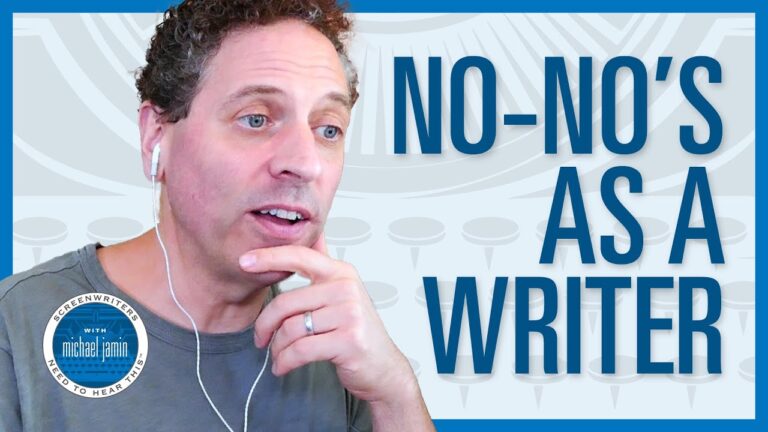Bailiff Job: Duties & Salary

Bailiff Job Description Template
Bailiff Job Description A bailiff is an officer of the court responsible for maintaining order and security during court proceedings. They play a crucial role in the legal system, ensuring the smooth operation of the courtroom and protecting the rights of all parties involved. The primary responsibilities of a bailiff include maintaining courtroom decorum, escorting prisoners to and from the courtroom, and ensuring the safety of judges, juries, witnesses, and the public. They are responsible for enforcing courtroom rules, such as prohibiting cell phone use, maintaining silence, and preventing disruptions. Additionally, bailiffs may be required to administer oaths to witnesses and jurors, as well as provide assistance to judges and attorneys as needed. Bailiffs also perform various administrative tasks, such as handling paperwork, organizing case files, and maintaining court records. They may assist in the preparation of courtrooms for hearings and trials, ensuring that necessary equipment and materials are available. In some cases, they may be responsible for serving legal documents, such as summonses and subpoenas, to individuals involved in legal proceedings. Strong communication and interpersonal skills are essential for bailiffs, as they often interact with judges, attorneys, defendants, and the general public. They must maintain a professional and respectful demeanor at all times, even in high-pressure situations. Attention to detail is also crucial, as bailiffs need to accurately record and report courtroom activities. Overall, the role of a bailiff is critical in upholding the integrity of the legal system and ensuring fair and impartial proceedings. They are vital in maintaining order and security in the courtroom, allowing justice to be served.Bailiff Responsibilities
Bailiff Requirements
How Much Does A Bailiff Make?
Bailiff Salary
| Position | Experience | Salary |
|---|---|---|
| Bailiff Trainee | 0-2 years | $30,000 – $40,000 |
| Junior Bailiff | 2-5 years | $40,000 – $50,000 |
| Senior Bailiff | 5-10 years | $50,000 – $70,000 |
| Chief Bailiff | 10+ years | $70,000 – $100,000 |
A bailiff’s salary varies depending on their position and experience level. As a bailiff trainee with 0-2 years of experience, the salary ranges from $30,000 to $40,000. Junior bailiffs with 2-5 years of experience can expect to earn between $40,000 and $50,000. Senior bailiffs with 5-10 years of experience earn $50,000 to $70,000, while chief bailiffs with 10 or more years of experience can earn $70,000 to $100,000.
Bailiff Salaries by Country
Top Paying Countries for Bailiff
| Country | Average Salary (USD) |
|---|---|
| United States | $60,000 |
| Switzerland | $54,000 |
| Canada | $50,000 |
| Australia | $48,000 |
| United Kingdom | $45,000 |
A bailiff is a professional responsible for enforcing court orders and collecting debts on behalf of creditors. The salary of bailiffs varies significantly across different countries. According to recent data, the top paying countries for bailiffs are the United States, Switzerland, Canada, Australia, and the United Kingdom. In the United States, bailiffs earn an average salary of $60,000 per year, making it the highest paying country for this profession. Switzerland follows closely with an average salary of $54,000, while Canada, Australia, and the United Kingdom offer average salaries of $50,000, $48,000, and $45,000 respectively. These figures indicate the financial rewards associated with being a bailiff in these countries.
A video on the topic Bailiff
Video Source : Shergroup TVInterview Questions for Bailiff
1. What is the role of a Bailiff?
A Bailiff is responsible for maintaining order and security in a courtroom. They ensure the safety of judges, jurors, lawyers, and the general public.
2. What qualifications are required to become a Bailiff?
Typically, a high school diploma or equivalent is required to become a Bailiff. However, some positions may require additional training or certification.
3. What are the duties of a Bailiff during a trial?
During a trial, a Bailiff’s duties may include maintaining order, escorting witnesses, jurors, and defendants, managing exhibits and evidence, and providing general assistance to the judge.
4. How do Bailiffs ensure courtroom security?
Bailiffs ensure courtroom security by conducting security screenings, monitoring individuals entering and exiting the courtroom, and responding to any disruptions or threats that may arise.
5. What is the difference between a Bailiff and a Sheriff?
A Bailiff is responsible for courtroom security and maintaining order within the courtroom, while a Sheriff is typically responsible for law enforcement duties in a specific jurisdiction.
6. How do Bailiffs handle disruptive individuals in the courtroom?
If an individual becomes disruptive in the courtroom, a Bailiff may warn them, remove them from the courtroom, or take other necessary actions to maintain order and ensure the safety of everyone present.
7. Can Bailiffs make arrests?
Yes, Bailiffs have the authority to make arrests if necessary. They can arrest individuals who pose a threat to the courtroom or who have outstanding warrants.
8. Do Bailiffs have any administrative duties?
Yes, Bailiffs may have administrative duties such as scheduling court proceedings, maintaining records, and managing the jury selection process.
9. What is the career progression for a Bailiff?
A Bailiff can progress to supervisory roles, such as Chief Bailiff or Court Security Supervisor. They may also choose to pursue a career in law enforcement or other related fields.
10. How important is confidentiality for a Bailiff?
Confidentiality is crucial for a Bailiff. They are often exposed to sensitive information during court proceedings and must uphold strict confidentiality to protect the privacy and integrity of the legal process.






